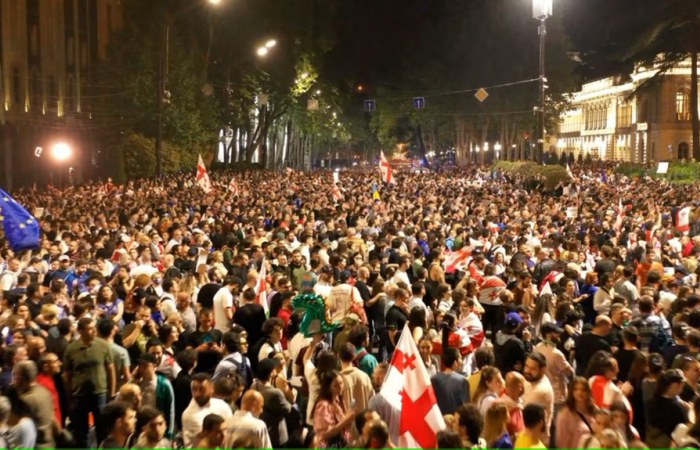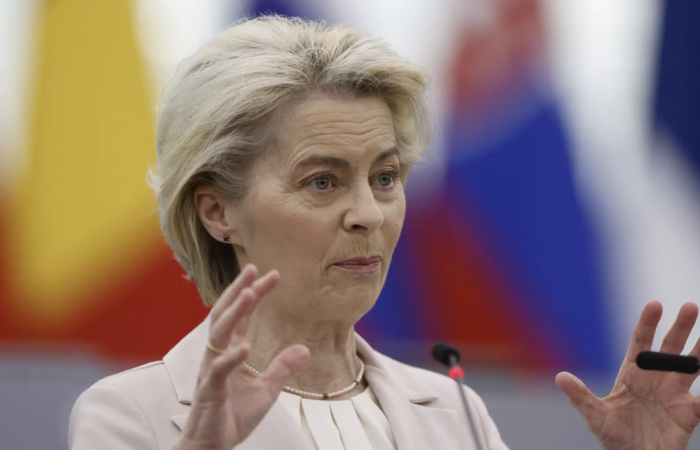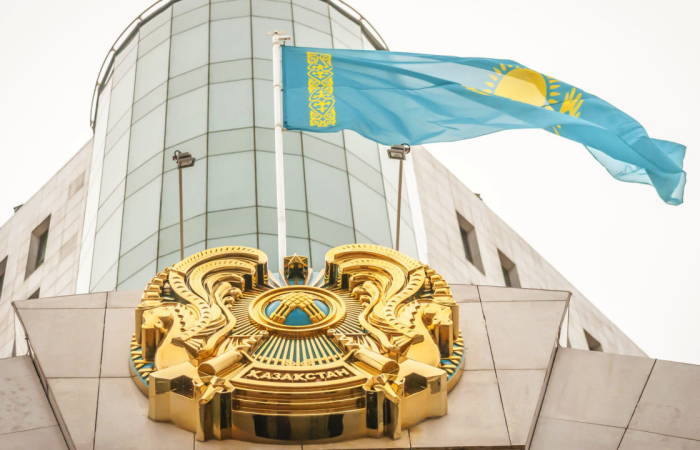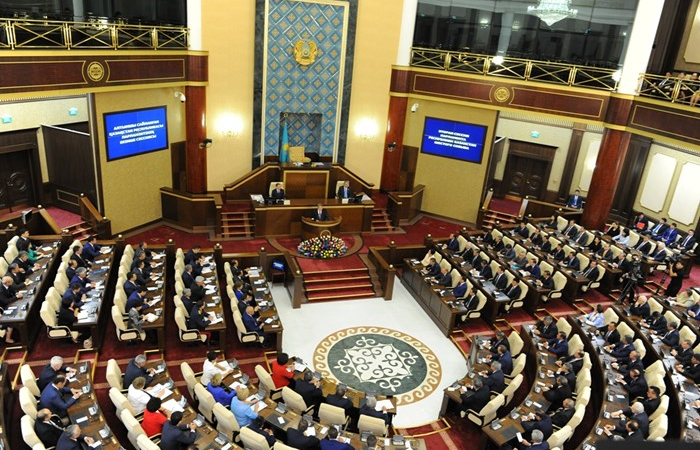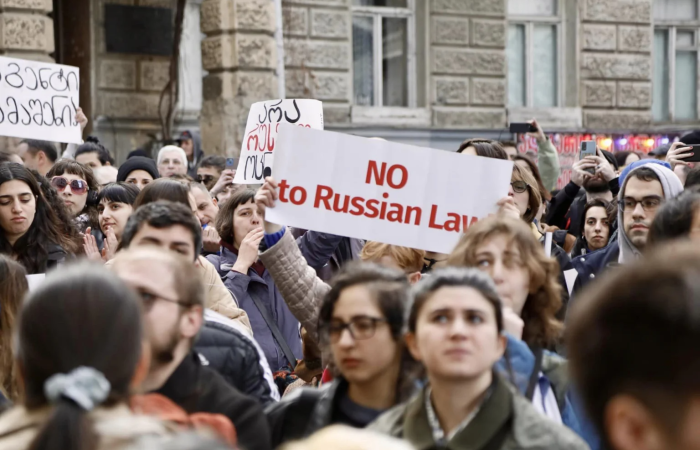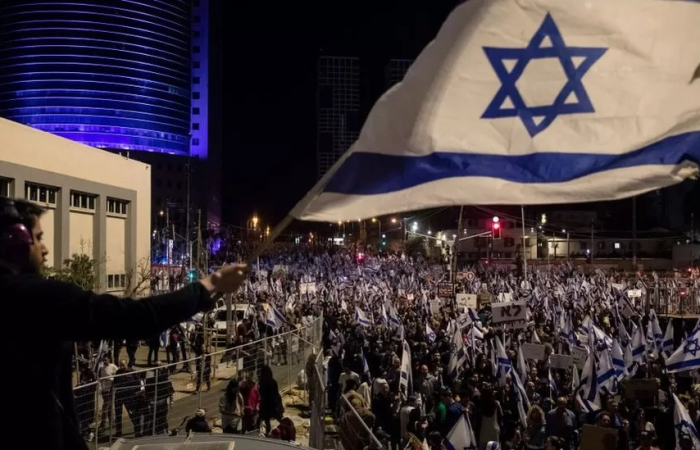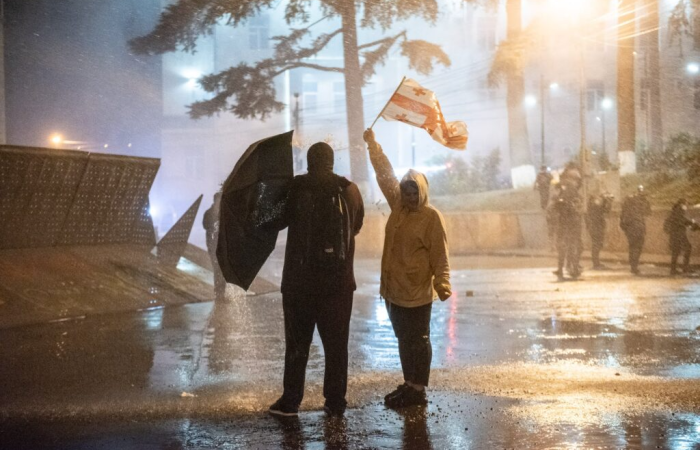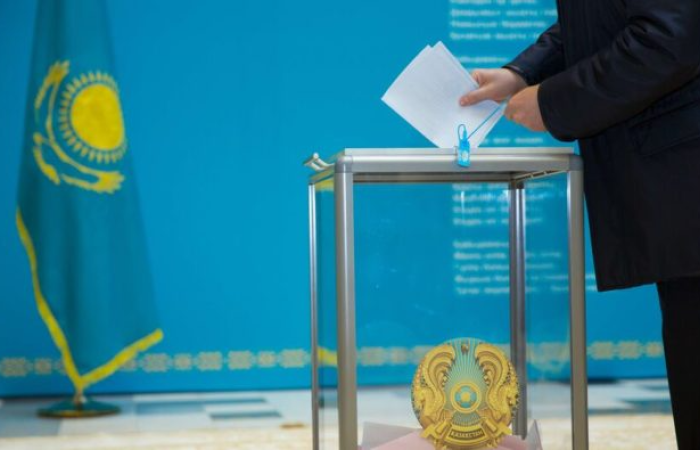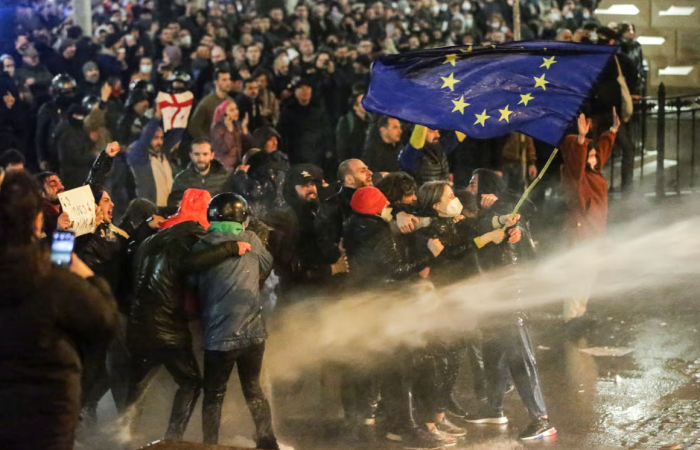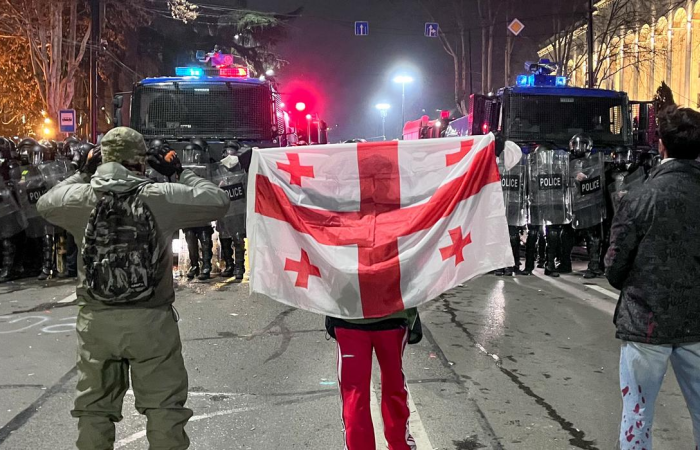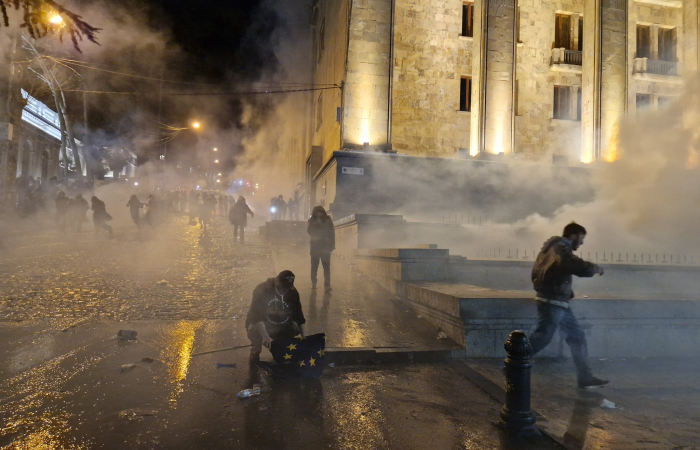Trending
More clashes between police and protestors in Tbilisi as government pushes through "foreign agents law"
2 May 2024
On May 1, the Georgian government passed through Parliament the controversial “Foreign Agents Law” in its second reading with 83 votes in favor and 23 against, despite strong opposition from international partners, large segments of Georgian society and opposition MPs and politicians. Outside parliament massive public protests saw clashes between police and protestors
President of Georgia Salome Zurabishvili addressed the protesters in the evening of May 1, when the situation on Chitadze Street, by the gate of the parliament, became tense as several youths tried to break through the closed gates into the yard of the parliament. She said she stands by the protesters’ side. She called the rallies “extraordinary” saying that the whole world is watching Georgians demonstrate the attitude, determination, and perseverance. She said these qualities are important in order to win in the long term struggle, the final stage of which will be the Parliamentary elections, which “will show that Georgia will never be Russia.”
Salome Zurabishvili addressed the youth “with flame in their hearts” as she called them, saying that “some things are not necessary” and appealed “to leave along the gates of the Parliament” saying that “nothing happens there”. Noting that “our struggle” is no longer about the Foreign Agents Law”, she said that the longer-term struggle is about the elections” and about “all the laws that this government has passed that distance us from the EU”. That is the goal, she stressed.
Noting that it’s Holy Week, she appealed for peaceful protests and to avoid provoking violence, saying: “We will show the world what Georgia and its youth can do.”



